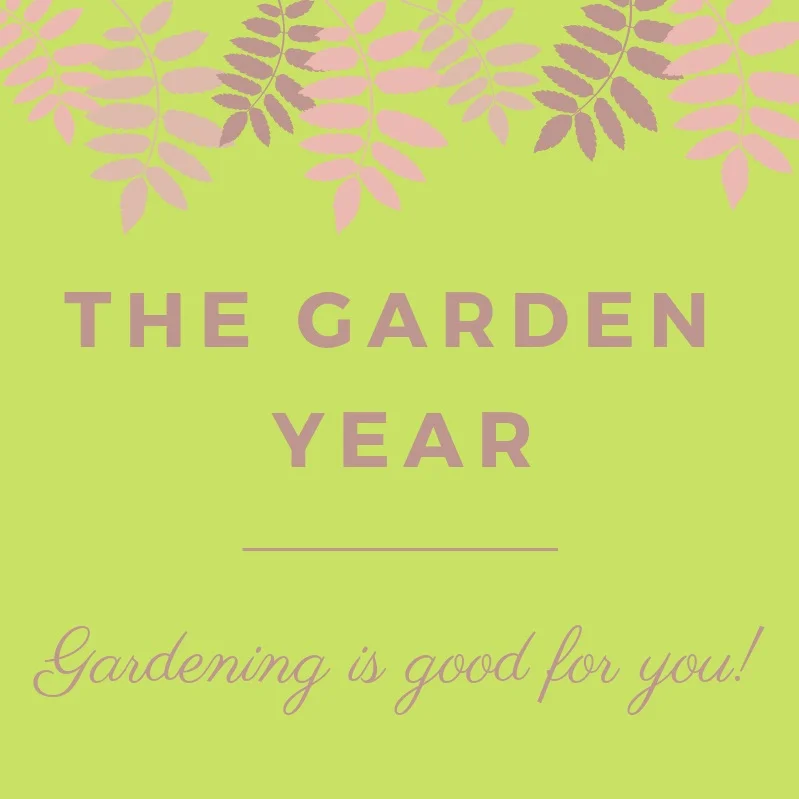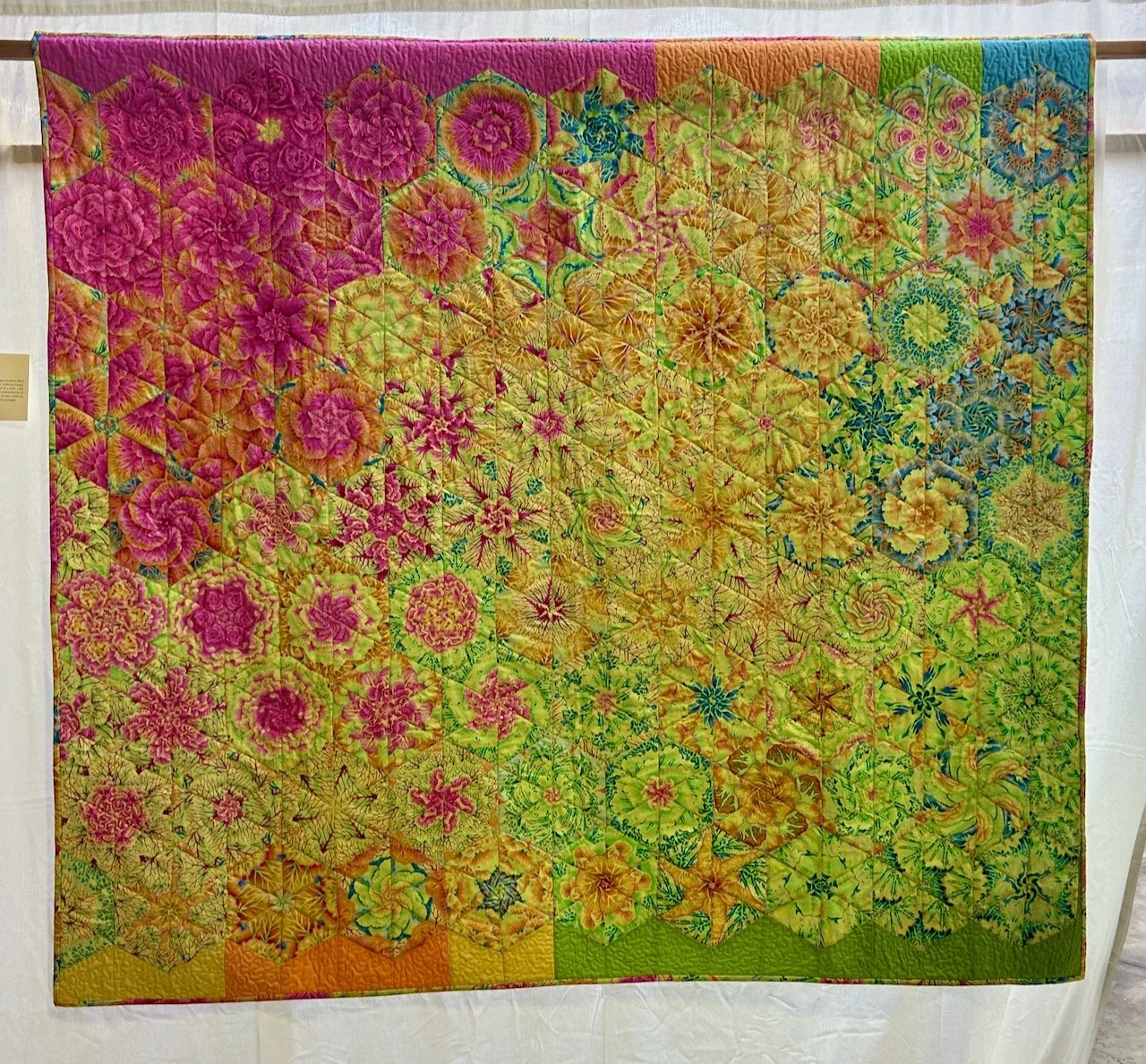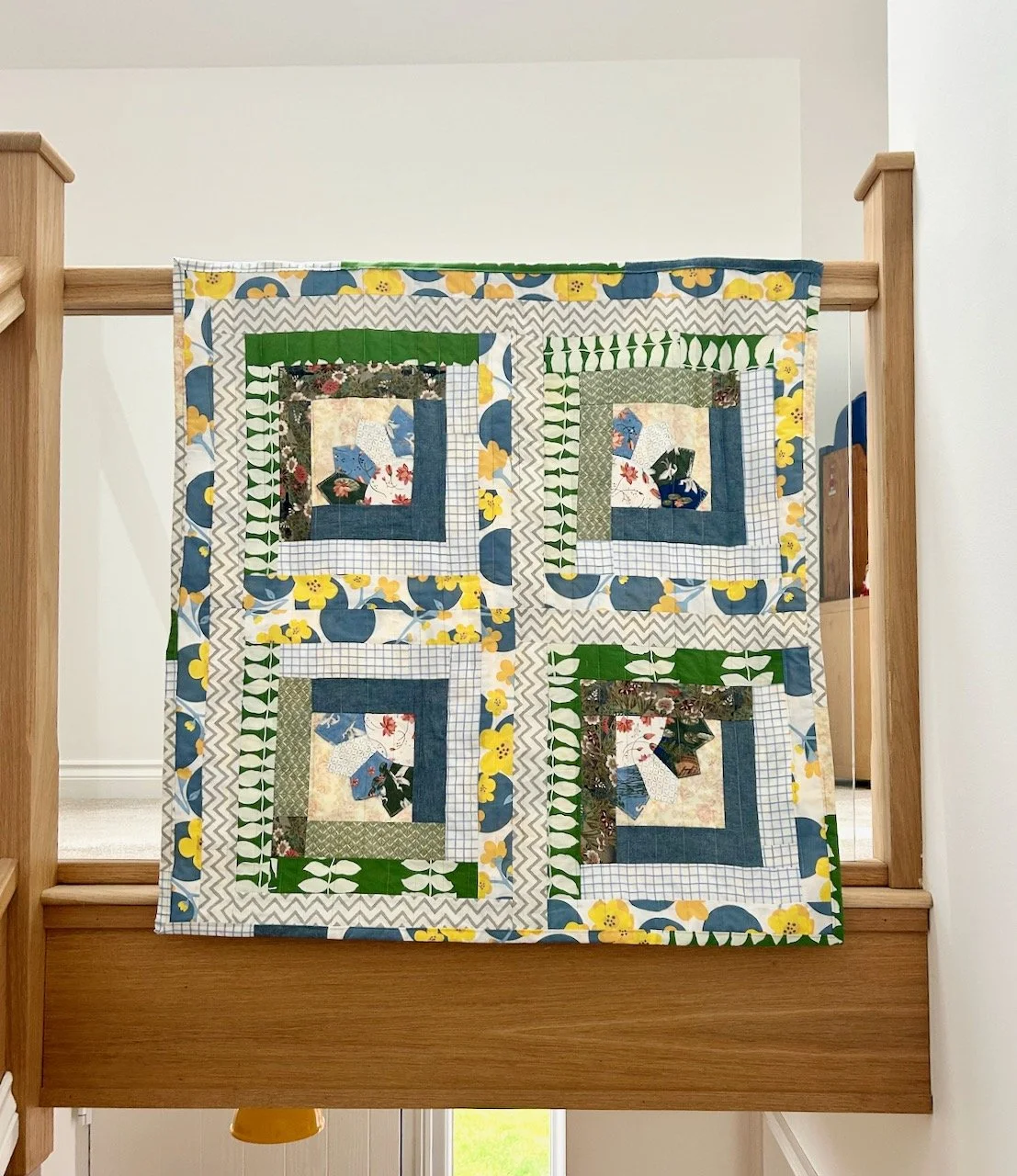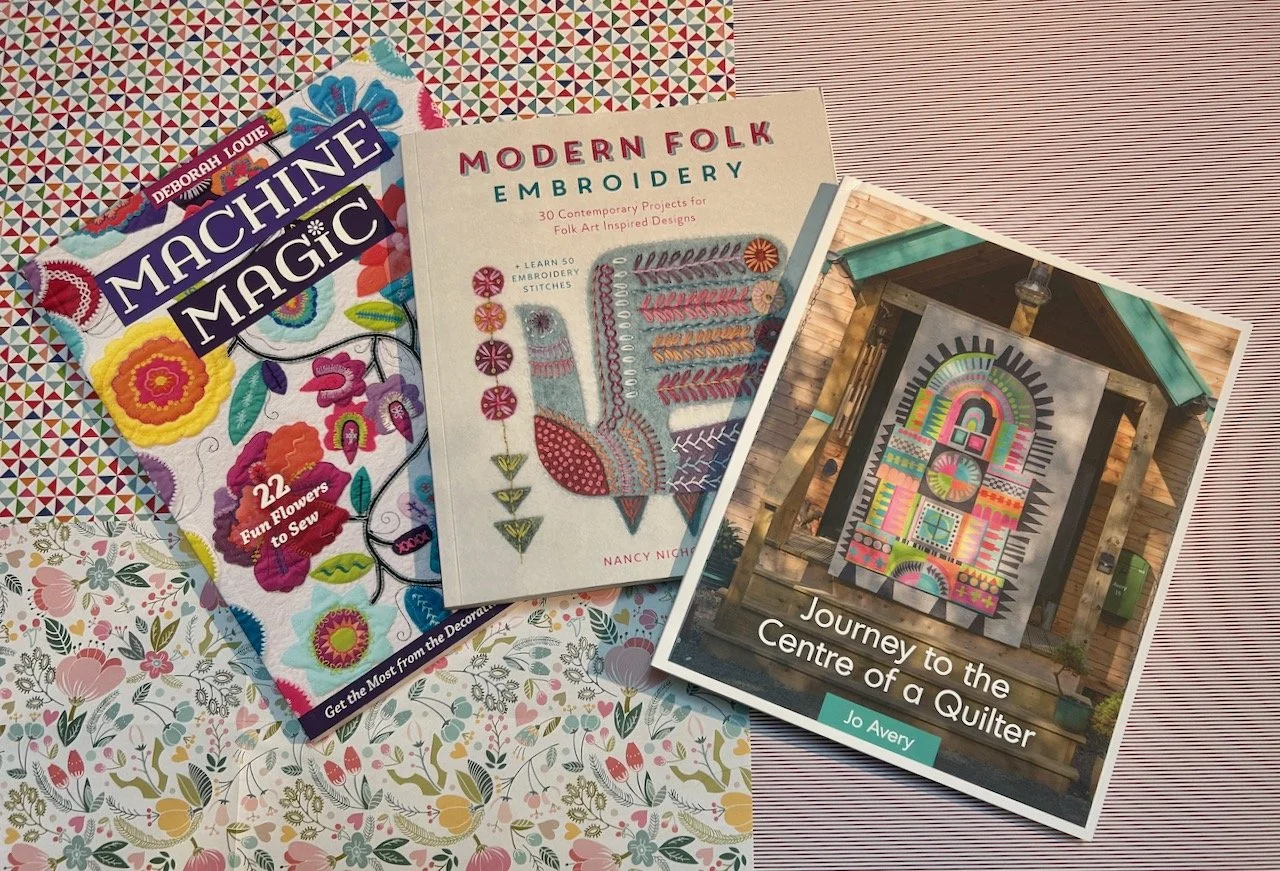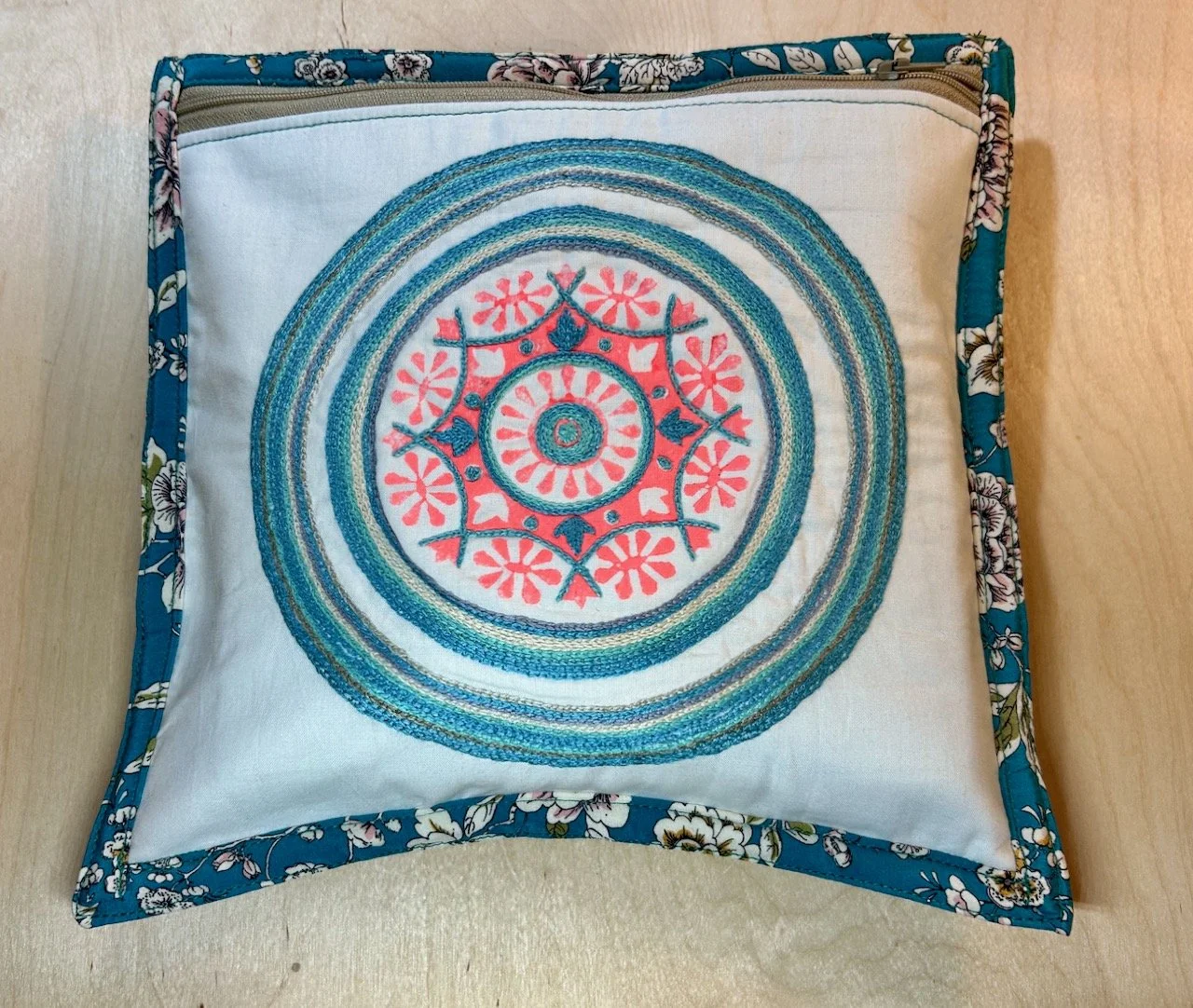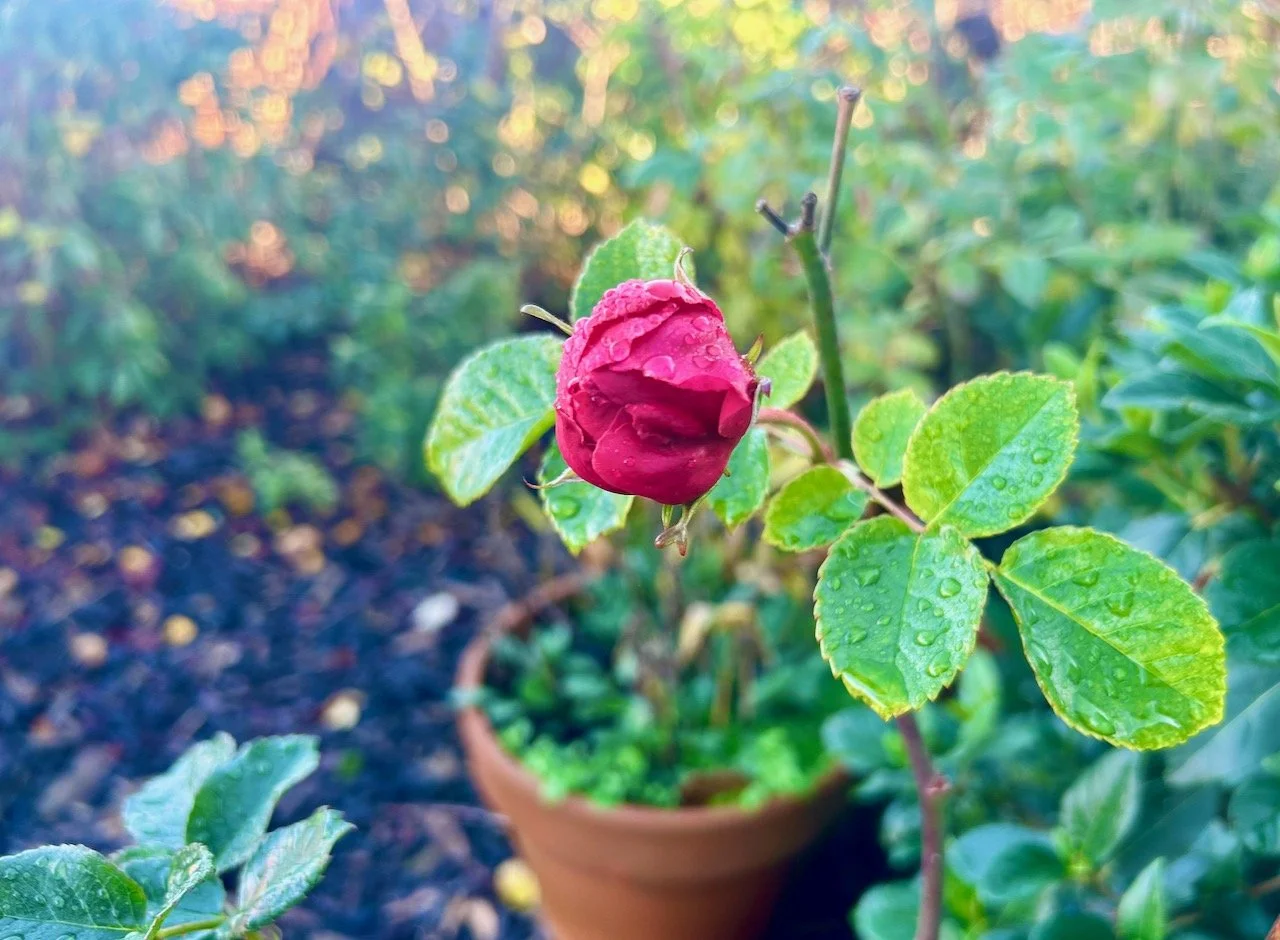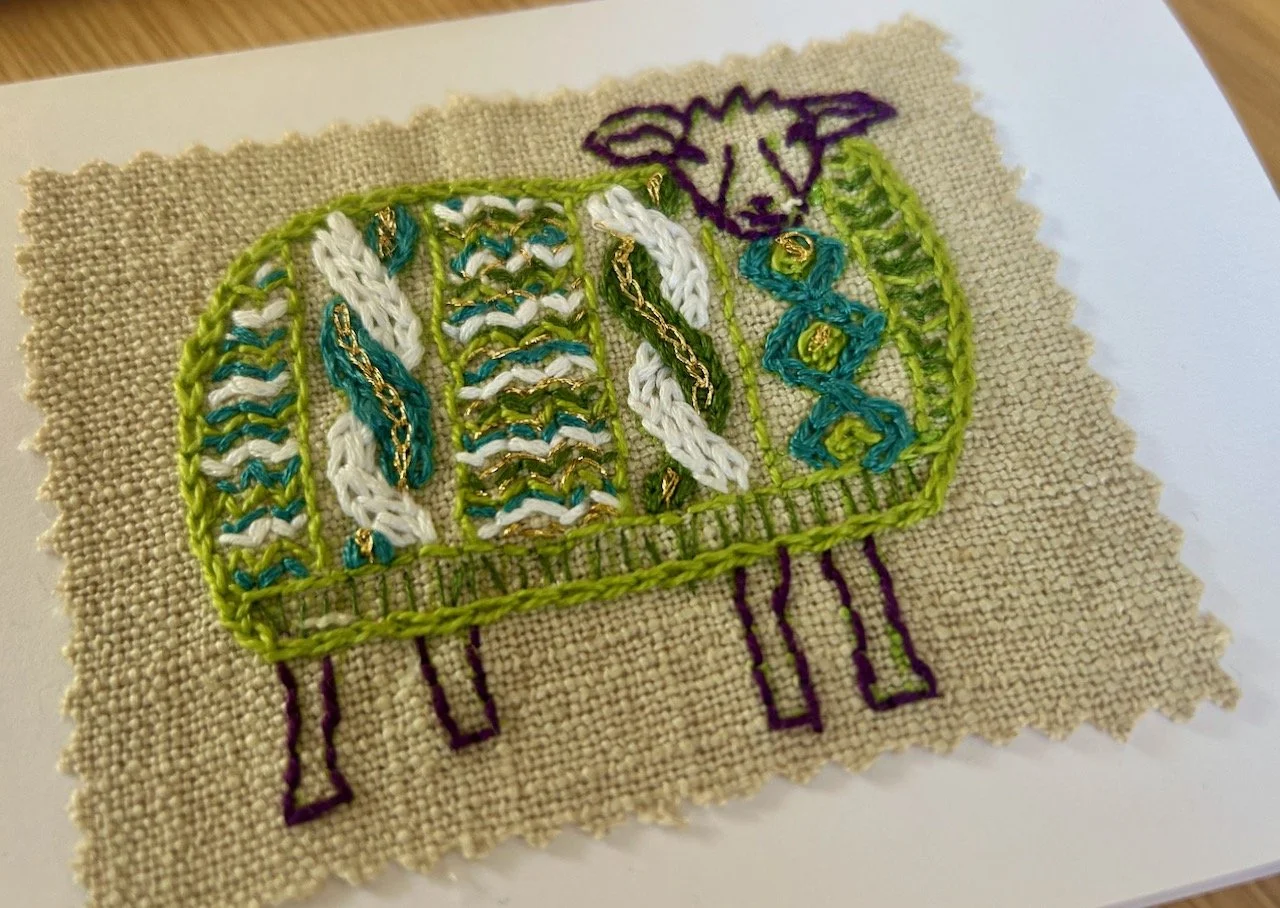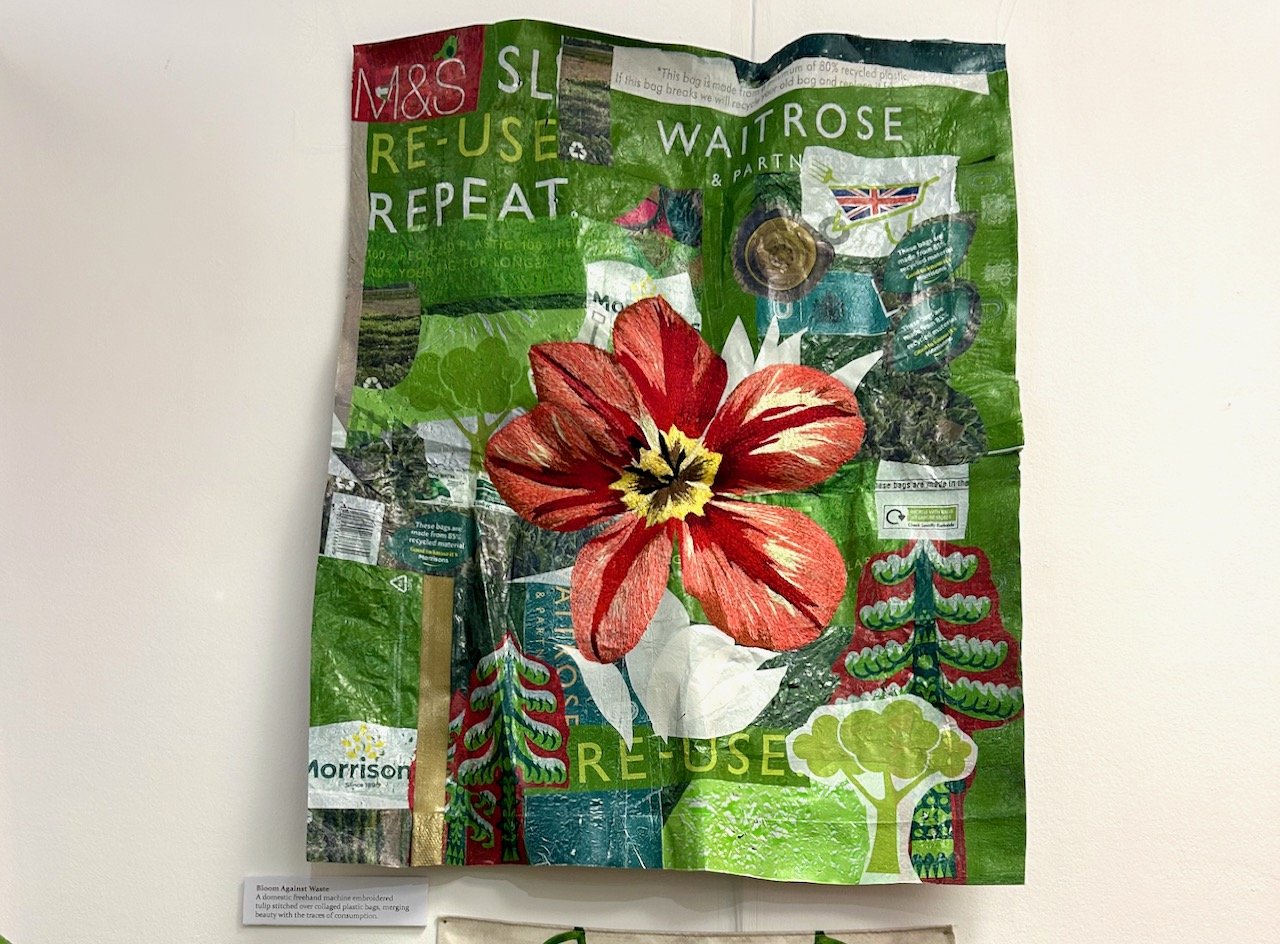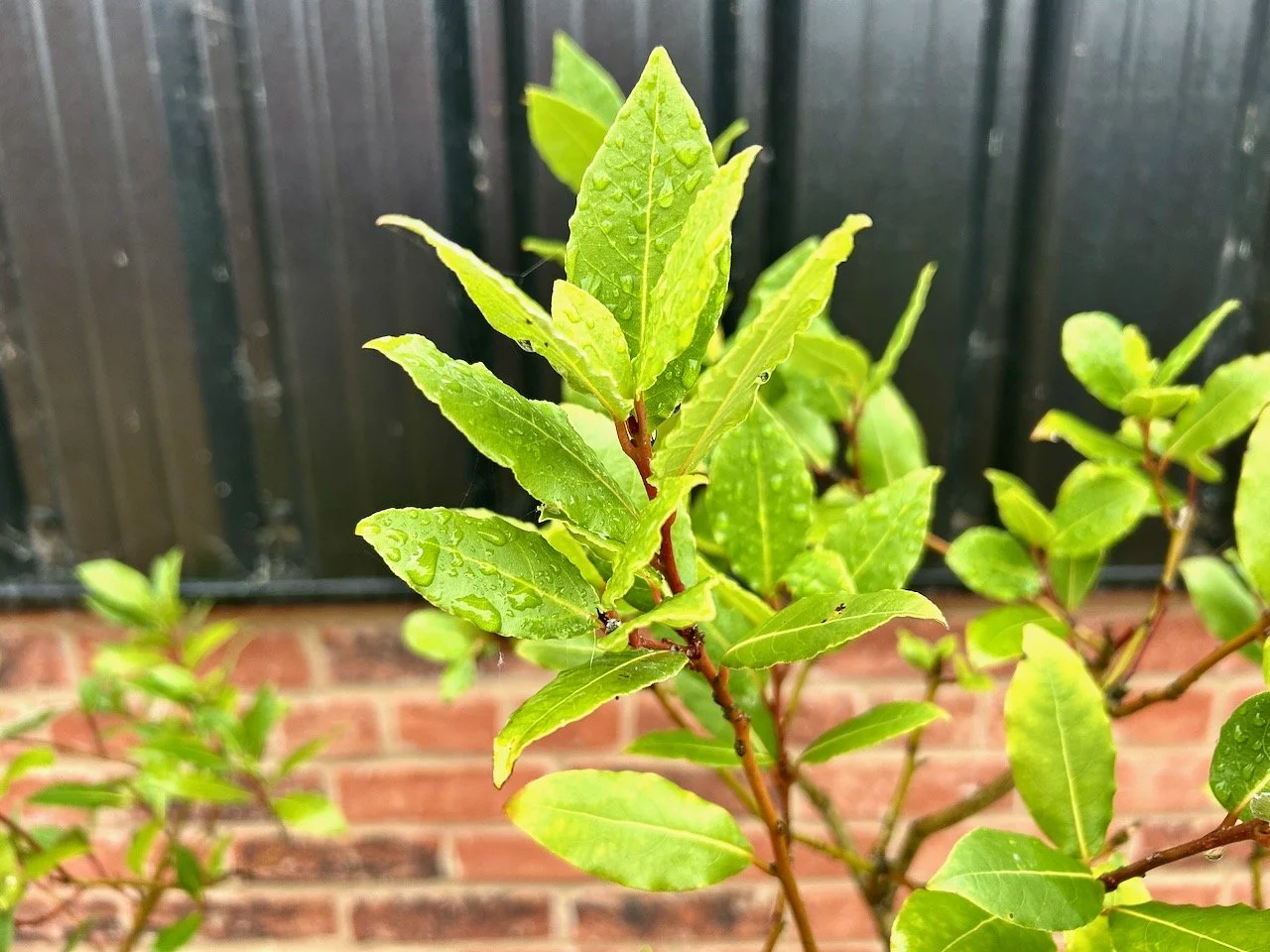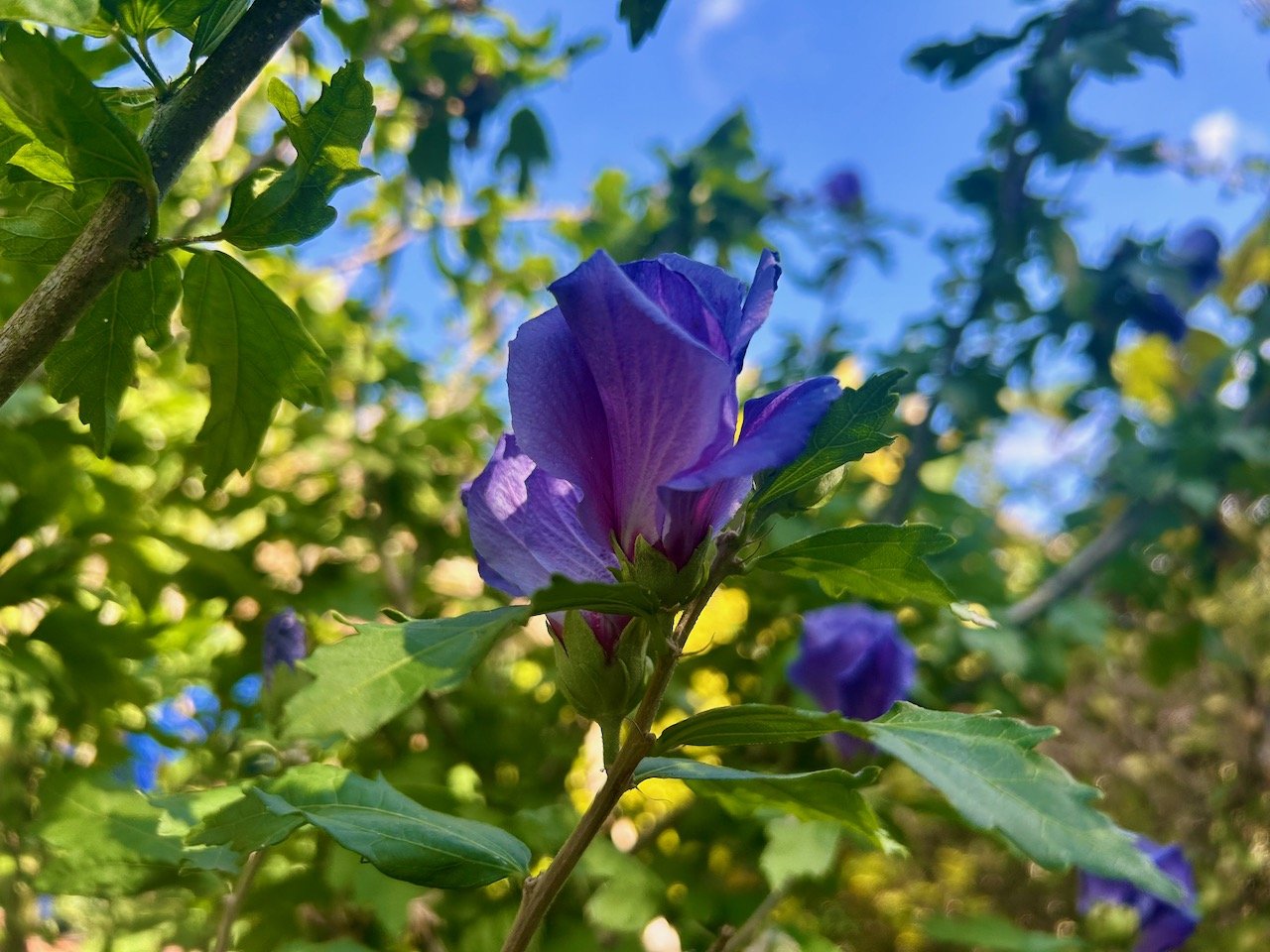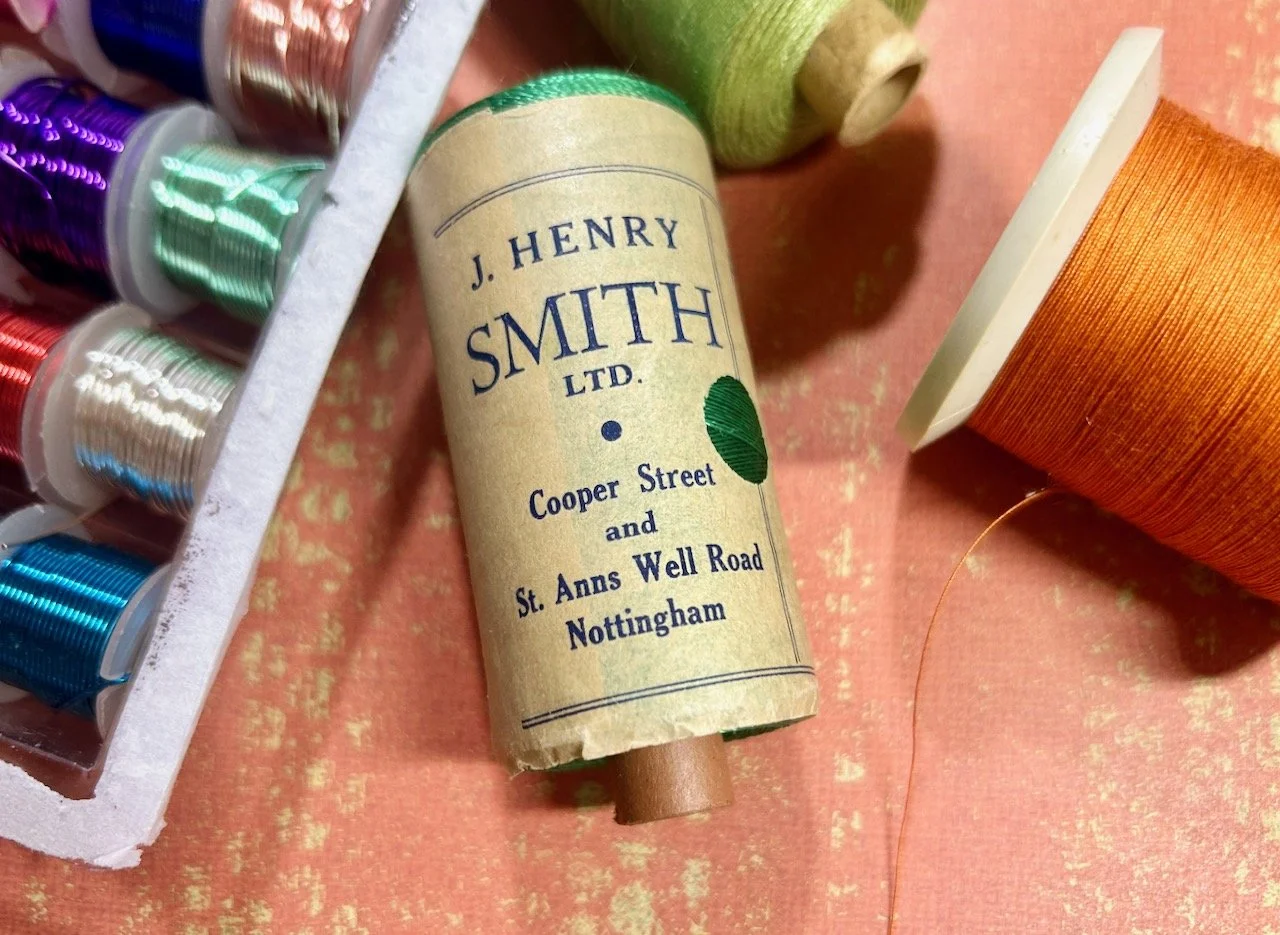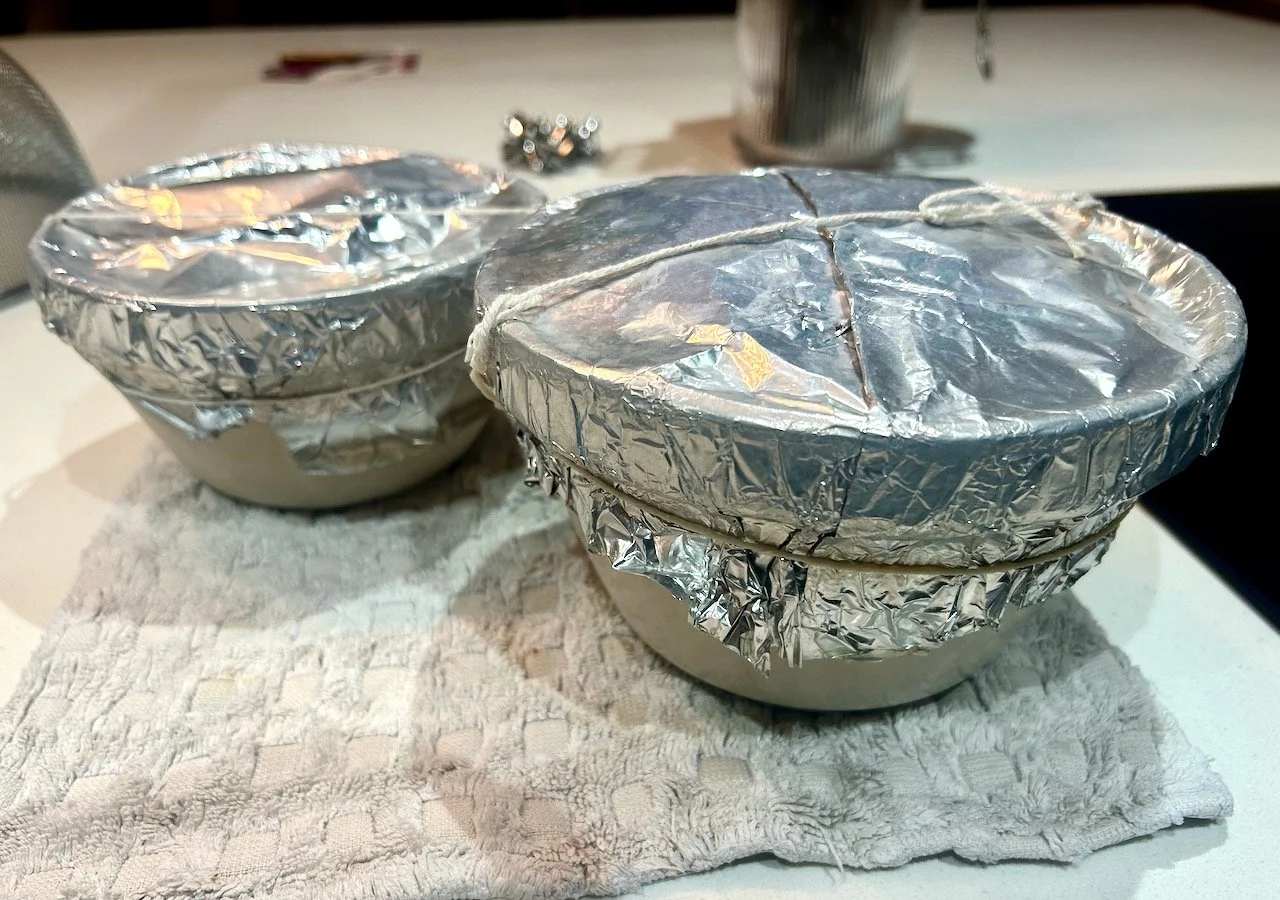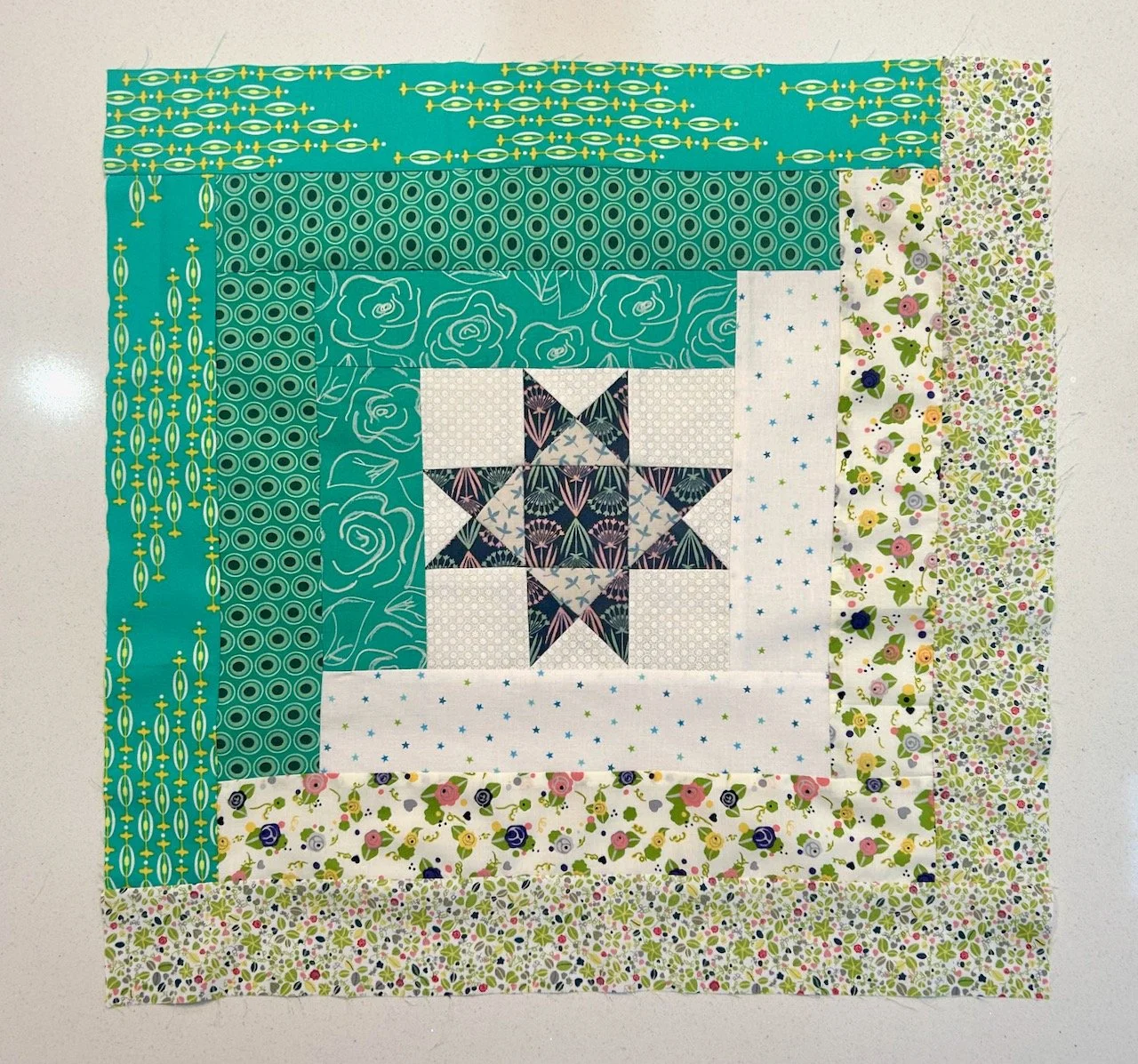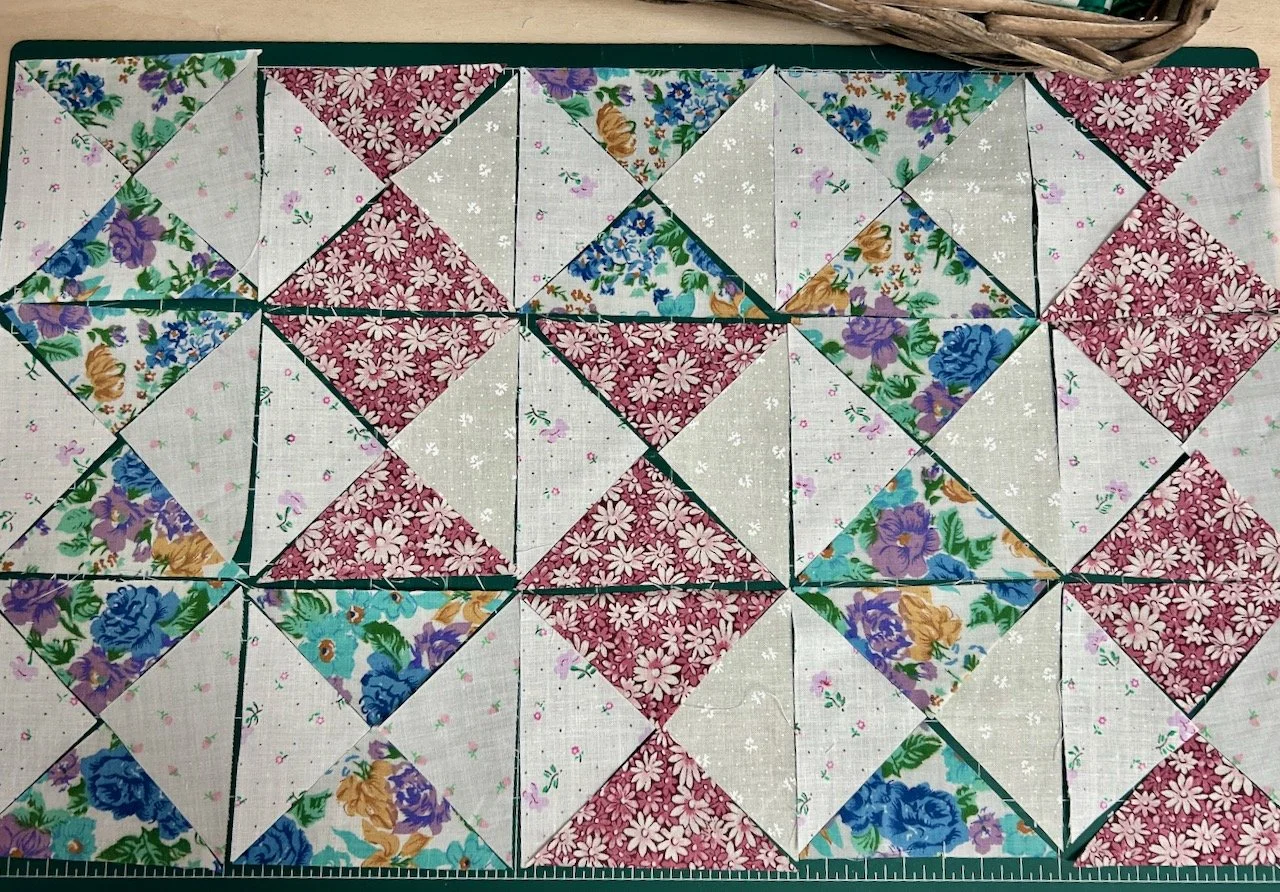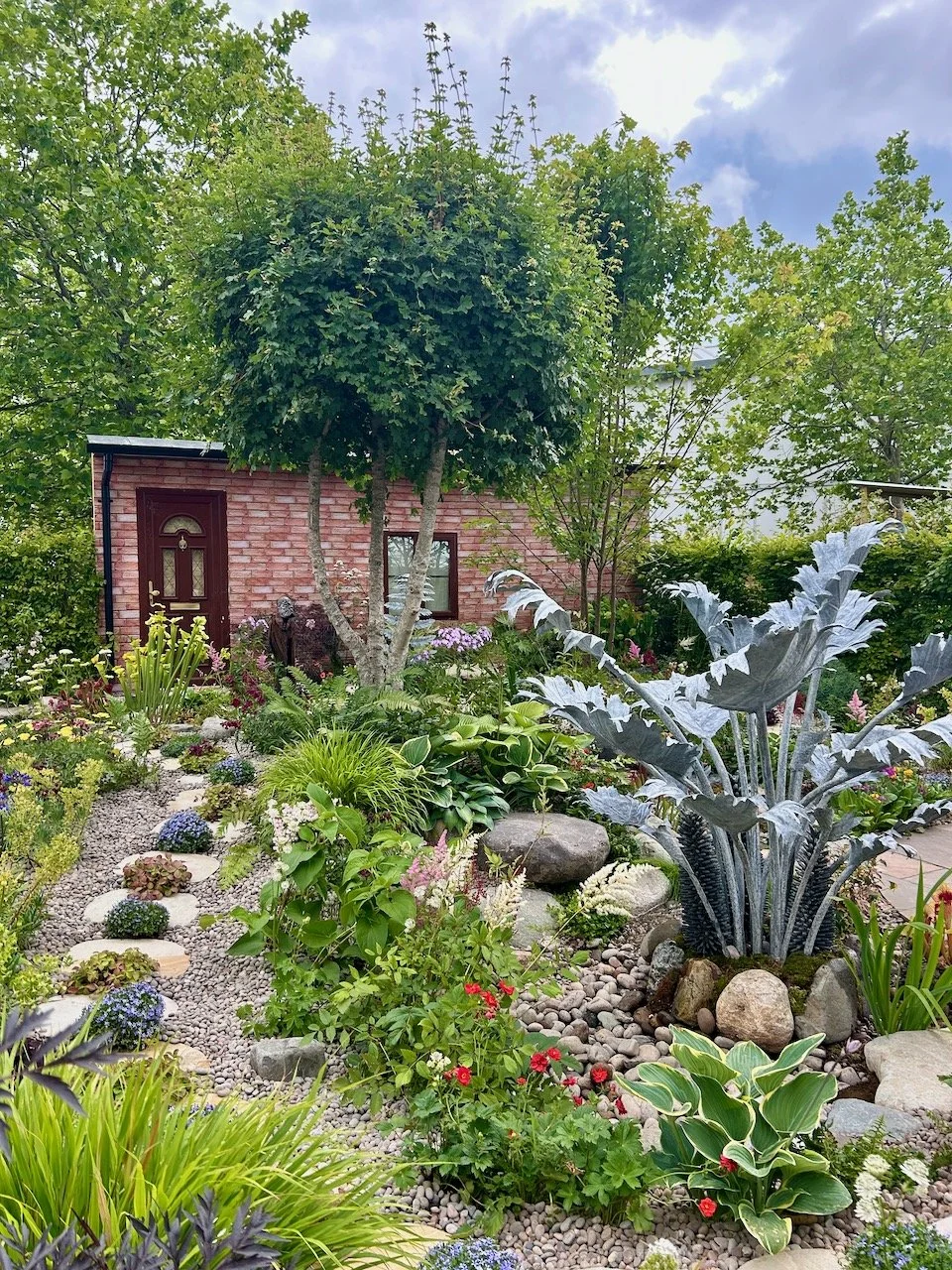Gardening is good for you, and so is smelling the roses. But it’s not just the roses, there’s plenty in our gardens that provide scent, and scent and plants sensory appeal should also be something when we consider plants for our garden, whether they’re flowers or herbs.
Plants evolved fragrant flowers to attract pollinating insects, rewarding them with nectar and pollen, and the scent is something we enjoy too. Research on floral scents highlights their benefit to both mental and physical health by relieving stress and depression.
Scent can also improve memory focus and wellbeing. particularly alongside other sensory engagement with plants and gardening activities. There’s a reason why lavender is used for relaxation - it’s been shown to lower blood pressure and heart rates to promote better sleep.
Aromatic rosemary though, keeps us alert, improving focus and memory. But scent can also unlock memories, transporting you back to a time or place in the past. So while we have scented candles, we should perhaps grow our own aromatherapy plants instead and enjoy the simple pleasure of filling our gardens with fragrance.
This is my new monthly linkup, where you can share your gardens and/or gardening posts (old or new) that complement the month’s theme. For June, that’s fragrance. The linkup will stay open all month, so pop back if your post isn’t published yet, and remember you can link up an old post too.
Did you know?
The Fragrance Wheel was developed by the perfume industry to categorise different scents, giving them a descriptive language they could use. Fragrance directly changes our mood too. Fruit and spice perfumes are uplifting and reinvigorating, while floral and rosy perfumes reduce stress and anxiety and promote mental balance. Fresh, green, herbal and citrus perfumes keep us mentally active and creative, while earthy scents can be comforting and nurturing.
Plants of the moment for scent
There’s scented plants for every season, including pot plants and cut flowers like sweet peas to bring indoors. Summer scents are particularly enjoyable while sitting outside and relaxing in our own gardens. Shrubs with highly fragrant flowers, such as the mock orange (Philadelphus) and lilac, or climbers like roses, jasmine or honeysuckle. Where we position our fragrant plants is important too, lavender and herbs are often close to paths, doorways and seating areas so we can maximise their fragrance as we pass.
Plant suggestions include:
Lavender
Fragrant roses
Mock Orange
Lilacs
Aromatic herbs such as rosemary, sage, thyme, lemon verbena and oregano.
My garden has many of these plants, and the jasmine especially provides a heady and welcome scent on those balmy summer evenings, and the scent alone transports me back to a holiday, many years ago in Seville. Where do your scent memories take you?
